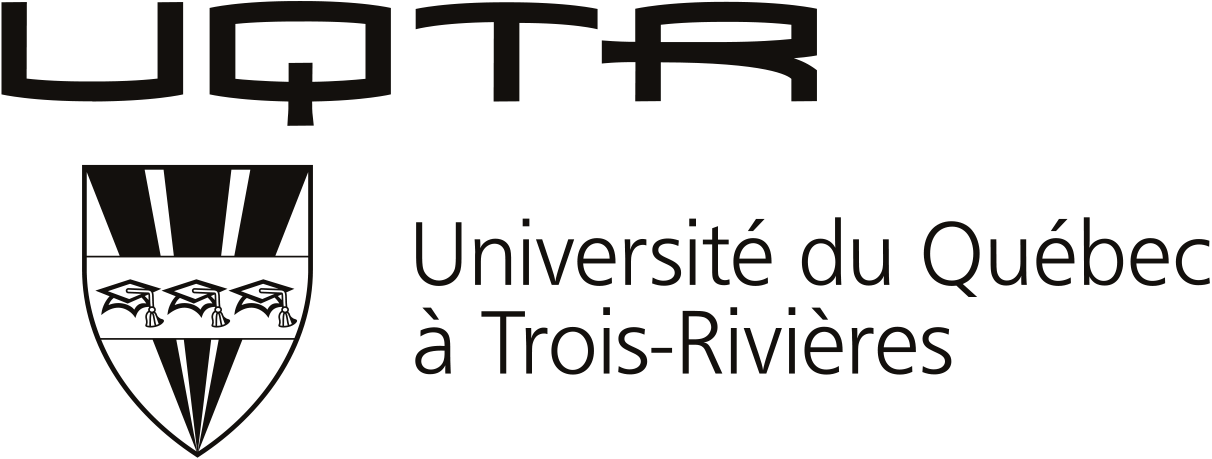Approches éducatives auprès des enfants présentant de l’autisme en République Démocratique du Congo
Educatives approaches on autistic children in Democratic Republic of Congo
Mots-clés :
Autisme, TEACCH, Interventions éducatives, En familles et à l'école, Afrique, Autism, Educational Interventions, In Families and at School, AfricaRésumé
Cette recherche porte sur l’évaluation des effets du programme TEACCH (Treatment and Education of Autistic and related Communication handicapped Children) sur les enfants avec autisme scolarisés et non scolarisés à Kinshasa (République Démocratique du Congo-RDC). Les enfants scolarisés ont bénéficié du programme en classe et les enfants non scolarisés en ont bénéficié au sein de leurs familles. Les parents et les professionnels ont reçu une formation en intervention éducative en autisme. Seul le groupe expérimental (GE) a bénéficié des interventions éducatives inspirées du programme TEACCH pendant 6 mois. Les comparaisons des scores pré et post au PEP-R (Profil Psycho-éducatif révisé) ont montré que les enfants du GE ont augmenté, de manière significative, leurs performances quant aux sub-tests de l’imitation, perception, motricité globale, cognition verbale et aux scores globaux, par apport aux enfants du groupe contrôle (GC). Les performances des enfants du GE scolarisés ont été supérieures à celles des enfants non scolarisés. Les parents et les professionnels qui ont travaillé avec les enfants à la maison ont été plus satisfaits de l’évolution des enfants que ceux qui ont travaillé avec les enfants en classe. Ces résultats ont indiqué que la mise en place du TEACCH à la maison et en classe procure des bénéfices considérables tant aux enfants qu’aux parents.
Abstract
This paper reports a study on the evaluation of the TEACCH program (Treatment and education of autistic and related communication handicapped children) on schooling an non-schooling children with autism in Kinshasa (Democratic Republic of Congo-DRC). The schooling children got profit of educational interventions in the classroom whereas the non-schooling children got profit in their families. The parents and professionals received a training on educational intervention. The children of experimental group (EG) got profit of educational interventions during 6 months. The comparisons of the scores pre and post on the PEP-R (Psycho-Educational Profile – Revised) have shown that the children of the EG have increased significantly their performances in sub-tests of imitation, perception, global motricity, verbal cognition and global scores, in comparison with the children of control group (CG). The performances of the schooling children of the EG have been superior in comparison with those of non-schooling children. The parents and professionals who have worked with the children at home were more satisfied with the progress of children in comparison with those who have worked with the children in the classroom. These results have shown that the implementation of the TEACCH at home and in the classroom brings considerable profit to children and parents.


